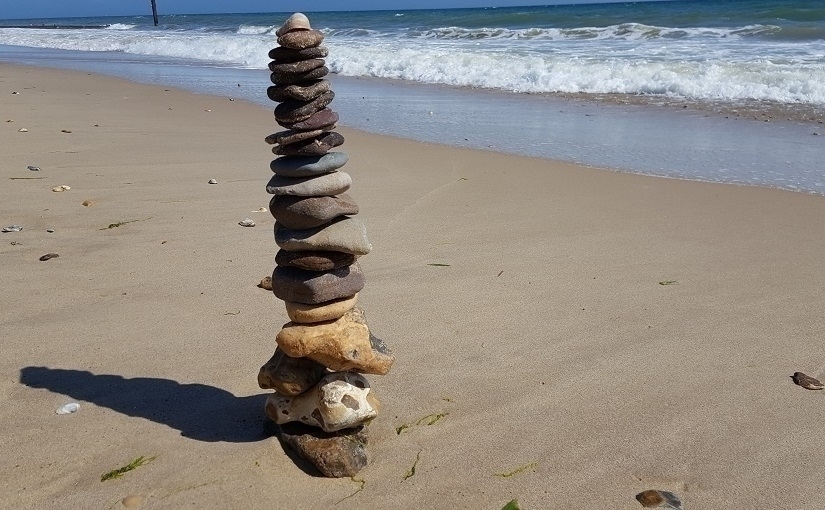We might live in a time that’s prizing independence above all else, but in so many ways all our lives are interconnected. Socially as much as economically we’re all part of the same systems; all our choices and actions impacting others in both big and little ways. With all that serving to make up the realities of our lives, perhaps independence is a strange kind of illusion.
Of course, we’re essentially independent actors, free to make our own decisions. That’s seemingly the thinking of the West: bringing everything down to the individual, to their free choices within the systems surrounding them (see Notes One). Much of the recent change within society seems, in a way, a heightening of that atomisation and isolation through the applications of technology.
It’s a very specific philosophy of life, this individualisation. Historically, people were generally tied into more communal relationships: bonds of obligation, security, trust, cooperation, and support of various kinds. Our interdependence was evident, known, and perhaps appreciated for the value it brought to community (Notes Two).
And it’s interesting to think that those ties were once more tangible, more consciously lived and known; because now it seems everything comes down to money. Our relationships, security and power can generally be reduced to financial terms; with personal economic realities often the product of early life and the position we find ourselves in.
So, while the West has admirable aims of rendering everyone more equal and free through its social and economic systems, is it partly obscuring the fact all life is based on relationship? You can make people systemically more independent, those relationships more coldly transactional, but the web of our interconnectedness remains.
We’re still humans existing within natural, social, and international relationships. Overlaying that, systems of politics, trade and culture might give us shared interests and concerns; but beneath it lie these highly complex connections of action, meaning, intention, and accumulated consequences on every level (Notes Three).
While the nature and extent of those ties might be more complicated than anything humans have encountered before, they’re still the same kinds of realities: practical needs essential to life; social or emotional ties that give lives meaning; ideological perspectives that guide our choices. All that might be working itself out through virtual channels, but it’s just as ‘real’.
I’m not really sure anyone fully understands the systems we’re now living within: these free-flowing, fast-moving waves, trends and patterns of behaviour. Everything’s related, but moving at such a pace it’s impossible to pin down the causality of it all. We might turn to original notions of sovereignty, self-sufficiency, and social structure but there’s perhaps not such great correlation with what we’re seeing around us.
Our world of ideas, relationship and responsibility has transcended national boundaries in beautiful ways that cannot be wound back. And, within that, our independent choices surely matter – the relationships we forge, intentions we carry, and impacts we have – but maybe it’s worth becoming more aware of how exactly it’s all coming together?
Notes and References:
Note 1: The conversation of society
Note 1: Concerns over how we’re living
Note 2: Economy & Humanity
Note 2: Obligations and contributions
Note 2: What holds it all together
Note 3: Does anything exist in isolation?
Note 3: All that’s going on around us










